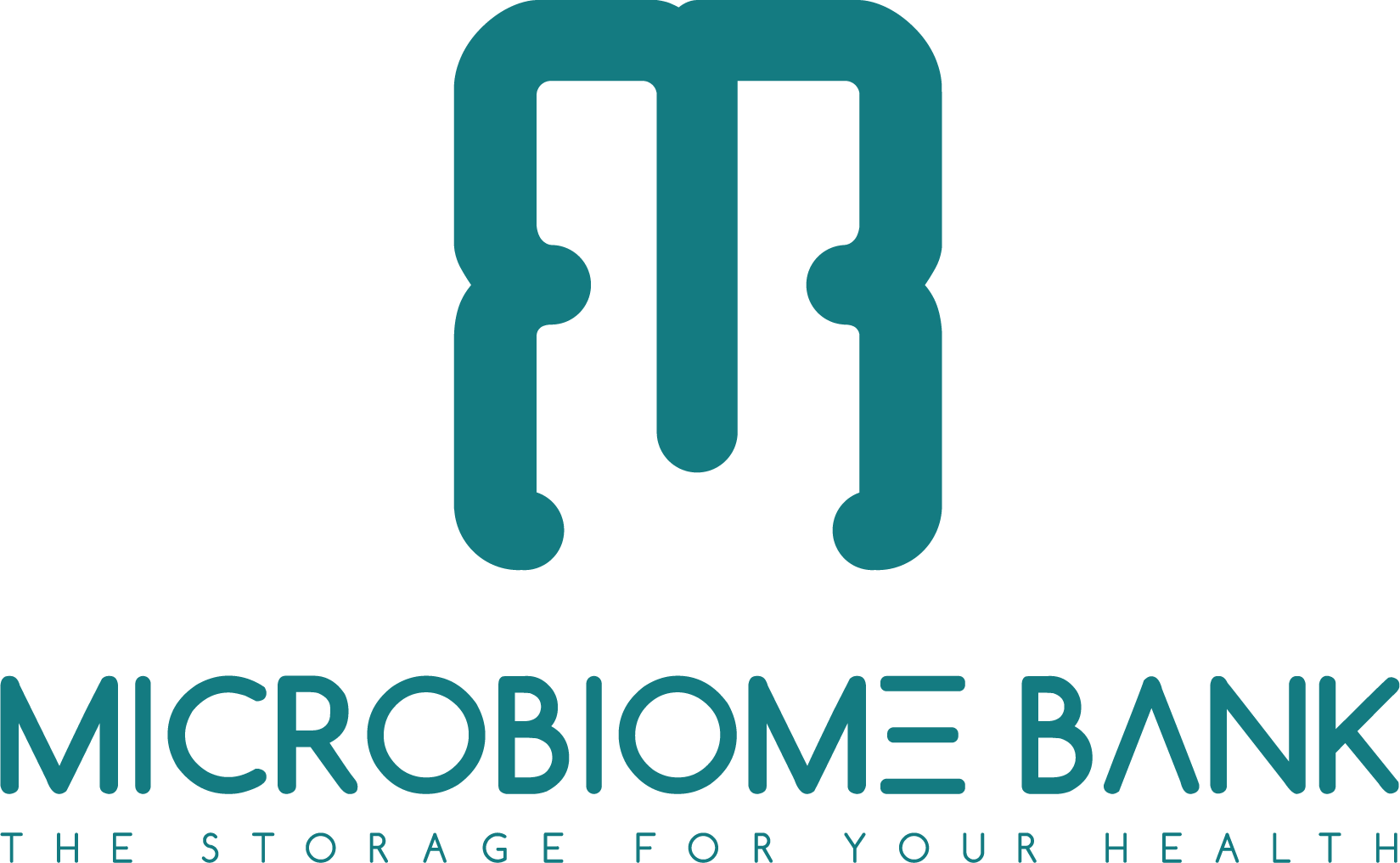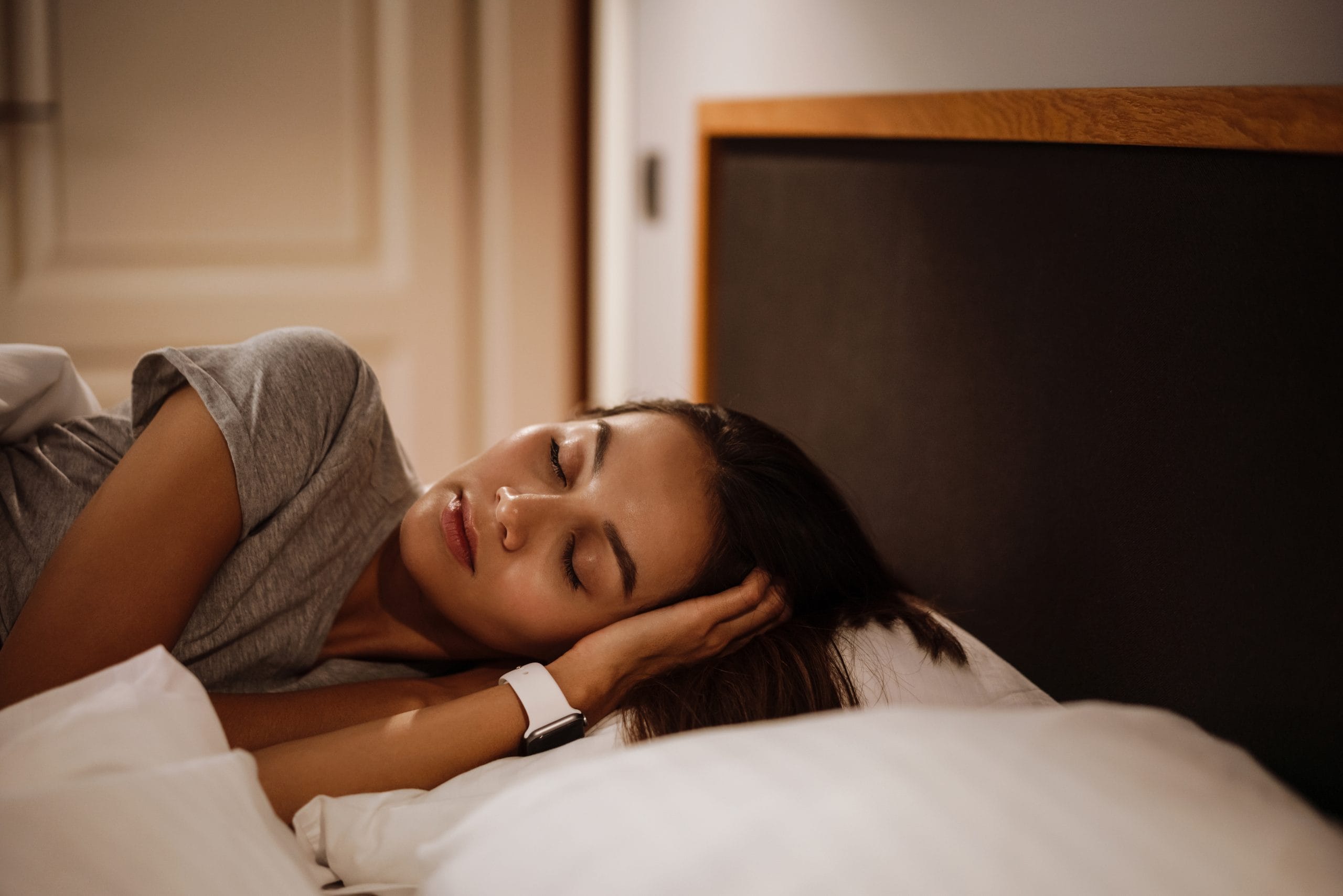I Fixed My Sleep, and My Gut Thanked Me
At first, he thought his sleep issues were age-related. He’d wake up at 3 a.m., mind racing, heart slightly elevated. His Garmin watch showed fragmented deep sleep. He tried magnesium, meditation, white noise, blackout curtains. They helped – briefly. But nothing stuck.
Then he looked inward. Literally.
Emerging science suggested a link between sleep quality and gut microbiota diversity. People with poor sleep tended to have lower levels of Lactobacillus, Bifidobacterium, and Faecalibacterium—the same microbes linked to mental clarity and immune regulation. Animal models showed that disrupting circadian rhythms altered gut microbial composition, which in turn worsened metabolic and cognitive function.
So he turned the experiment inward again.
He implemented a strict wind-down: no food after 6:30 p.m., no screens after 9 p.m., a hot shower, and a cooling bedroom. But the key addition? A nightly “gut tonic”: a tablespoon of psyllium husk in water, followed by ten minutes of deep nasal breathing, then bed by 10. No stimulants after 2 p.m. No more alcohol. No exceptions.
Within a week, something shifted. His gut felt calmer at night. No more 3 a.m. cortisol spikes. Deep sleep rebounded. His dreams returned – vivid, symbolic, sometimes strange. And he woke up energized, not groggy. His microbiota, he suspected, were resting too – no longer disrupted by late-night snacking (watching Suits), cortisol, or melatonin suppression.
The brain and the gut, it turns out, are in constant conversation. Melatonin receptors line the GI tract. Certain microbes help synthesize GABA and serotonin. Sleep isn’t just for the mind – it’s for the microbes that help run everything beneath it.
As he journaled that week, he wrote: “I didn’t just fix my sleep. I reset the rhythm of my entire body.”
Next week: “Strong Body, Resilient Gut” — how muscle mass, exercise, and movement shape the microbiome.


